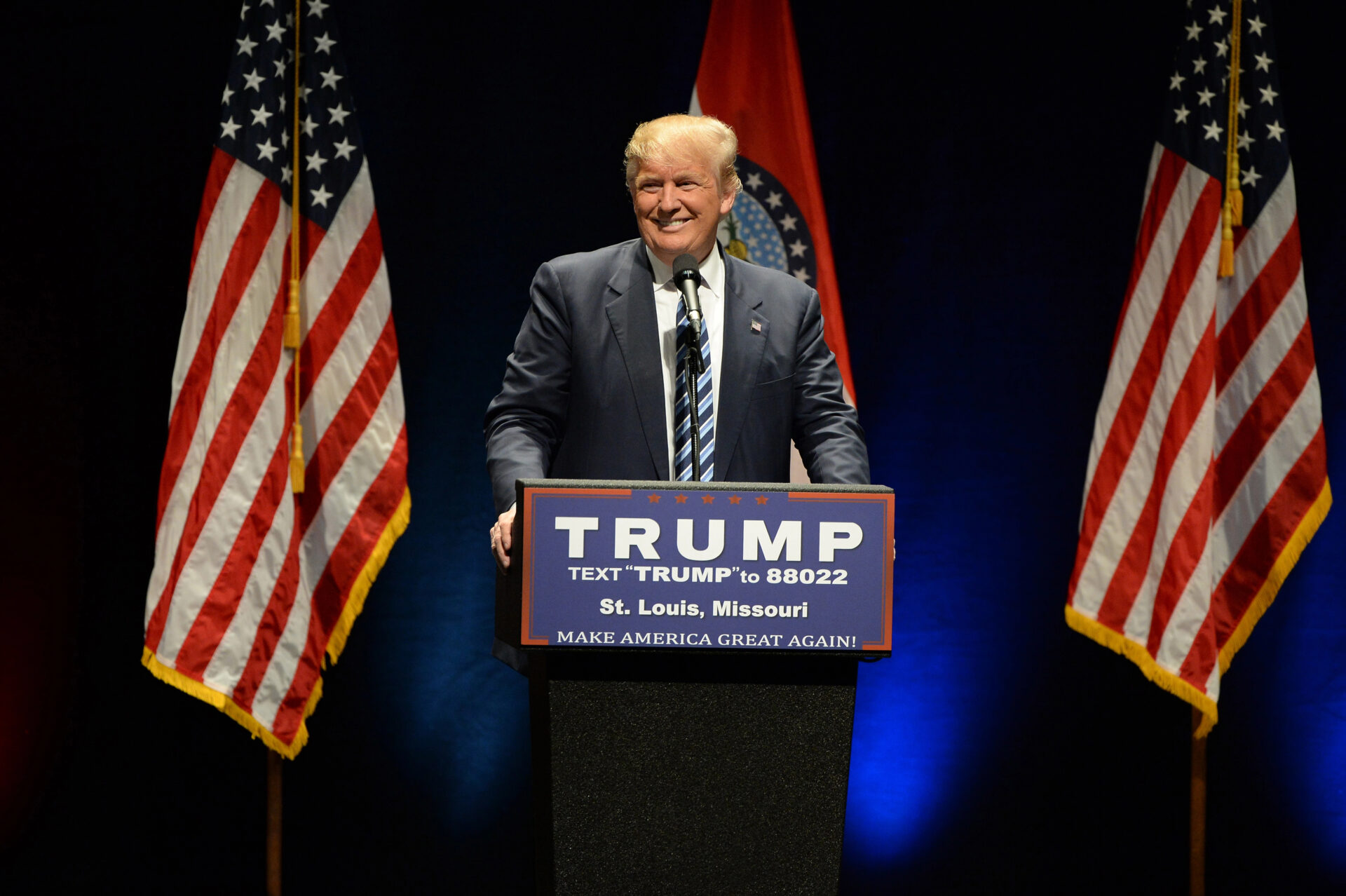While China is pouring billions into artificial intelligence and racing to dominate the next technological frontier, America risks tying its own hands with a patchwork of state-level regulations that could strangle innovation before it takes off. This isn’t just bureaucratic overreach—it’s national sabotage. And if Congress doesn’t act fast, we’re going to lose the AI race not because of China’s superiority, but because of our own internal dysfunction.
The contrast couldn’t be clearer. President Trump understands that AI is not just a tech issue—it’s a national security priority. He’s championed private-sector investment, encouraged innovation, and positioned America as the leader in the AI arms race. In January, he announced a massive wave of multibillion-dollar commitments from private industry to build out American AI infrastructure. His administration’s message is simple: get government out of the way and let American ingenuity do what it does best—win.
But not everyone is on board. Governor Ron DeSantis, usually a reliable conservative, has decided to go rogue on AI, calling the technology “very dangerous” and promising sweeping regulations at the state level. That’s a mistake—and a dangerous one. DeSantis may be trying to score political points by sounding tough on tech, but this approach is short-sighted and counterproductive.
“You cannot regulate your way to winning the AI race,” said David Sacks, the Trump administration’s AI and crypto czar. And he’s right. You don’t win the future by choking it with red tape. You win by creating a national framework that supports growth, attracts investment, and ensures America—not Beijing—sets the standard for the next generation of technology.
Right now, states are flooding the zone with contradictory, overlapping, and often unnecessary AI laws. Over 1,000 AI-related bills have been introduced at the state level this year alone. That’s not governance—it’s chaos.
Take Pennsylvania’s SB 1213, for example, which criminalizes the use of AI in creating nonconsensual sexual imagery. On its face, that sounds reasonable. But the problem is, Congress already addressed this with the federal “Take It Down Act,” signed by President Trump earlier this year. Now companies have to comply with both state and federal laws, even when the laws cover the same ground. For big tech firms, that’s an annoyance. For smaller startups trying to innovate, it’s a death sentence.
And that’s just one example. States are pushing conflicting rules on everything from copyright to data privacy to content moderation. Even when the goals are aligned, the duplication creates legal uncertainty and skyrocketing compliance costs. This is exactly the kind of bureaucratic tangle that kills innovation and sends investment overseas.
Let’s be crystal clear: this is not about opposing all regulation. It’s about smart regulation—federal-level regulation—that provides consistency and clarity. You can’t have 50 different AI policies and expect America to lead the world. That’s not how technological dominance works. That’s how you end up in second place.
President Trump’s administration is reportedly preparing to roll out a comprehensive federal AI strategy in the coming days. It’s expected to double down on the light-touch, pro-growth approach that has already helped unleash a wave of private investment. But if that strategy is going to succeed, Congress must step up and preempt this state-level madness.
One practical solution? An AI regulatory moratorium. Hit the pause button on new state-level AI laws, and give Congress the breathing room to craft a coherent national regulatory framework. This isn’t about centralizing power in Washington—it’s about preventing 50 different governments from tearing the country’s AI future apart.
Conservatives have always believed in the power of free markets, limited government, and American leadership. That means understanding when government needs to step back—and when it needs to step in to prevent others from stepping all over the Constitution’s Commerce Clause. If Congress fails to act, the states will continue to stifle innovation, muddy the legal waters, and give China a clear runway to AI dominance.
President Trump is doing his part. Now it’s time for Congress to do theirs. Pass a regulatory moratorium. Preempt the state-level chaos. And let America lead the future—unapologetically.





